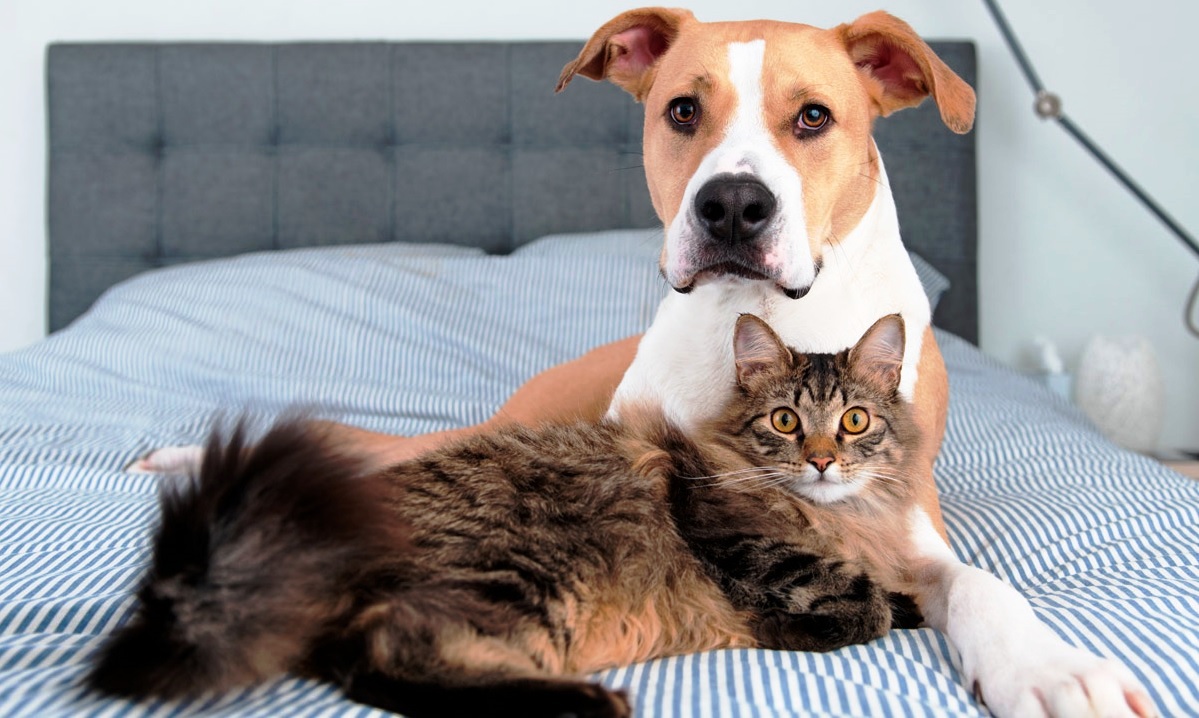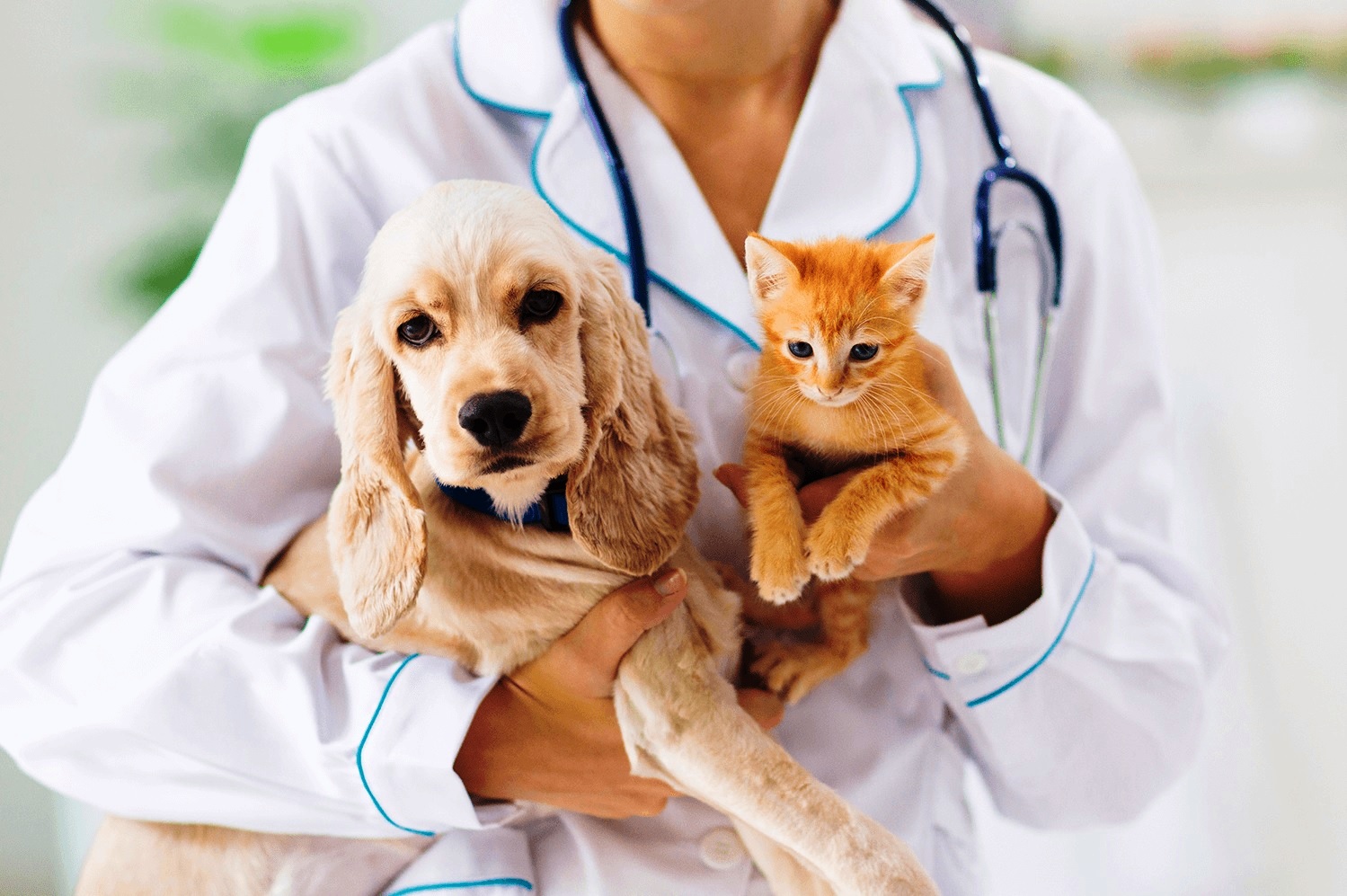

The “neutering” operation is based on the surgical removal of male genital organs called testicles and epididymis in male cats and dogs. The most important purpose of this operation is to prevent possible diseases that our lovely friends may experience and to ensure that they live healthier and longer. Prof. Dr. Eser Özgencil said that with the neutering operation, they prevent diseases such as prostate enlargement, prostate tumor, prostate inflammation, perineal region hernia, inguinal hernia, especially in older ages, related to male reproductive hormone. Prof. Dr. Özgencil said, “On the other hand, neutering operations are performed in the correction of behavioral problems, in the prevention of the transmission of endocrine diseases and hereditary diseases that are triggered by hormonal changes such as diabetes, in the control of epilepsy crises, in the torsion of the spermatic duct hanging the testicles, in the inflammation of the testis and epididymis, in congenital anomalies of these organs, and we also prefer it for the removal of undescended testicles with a high probability of tumor.”

What should you pay attention to before and after the operation
Near East University Animal Hospital physician Prof. Dr. Eser Özgencil emphasized that the patient should stay hungry for at least 8 hours before the neutering operation and said, “This is the most important issue that the patient should pay attention to in order to prepare for the neutering operation. Since the patient will receive anesthesia, food consumption should be prevented 8 hours before the operation. Otherwise, under anesthesia, the muscles of the stomach relax and the protective reflexes disappear, causing the stomach contents to flow back to the throat area and from there to descend into the lungs via the trachea.” Prof. Dr. Özgencil also warns about the post-operative period: “If the veterinarian deems it appropriate after the neutering operation, care should be taken not to allow the patient, who is sent home, to run or lick the operation area for the first week. If you think you can’t prevent this, wearing a collar until the stitches are removed and carefully following the antibiotic and analgesic treatment prescribed by your veterinarian should be your top priorities.